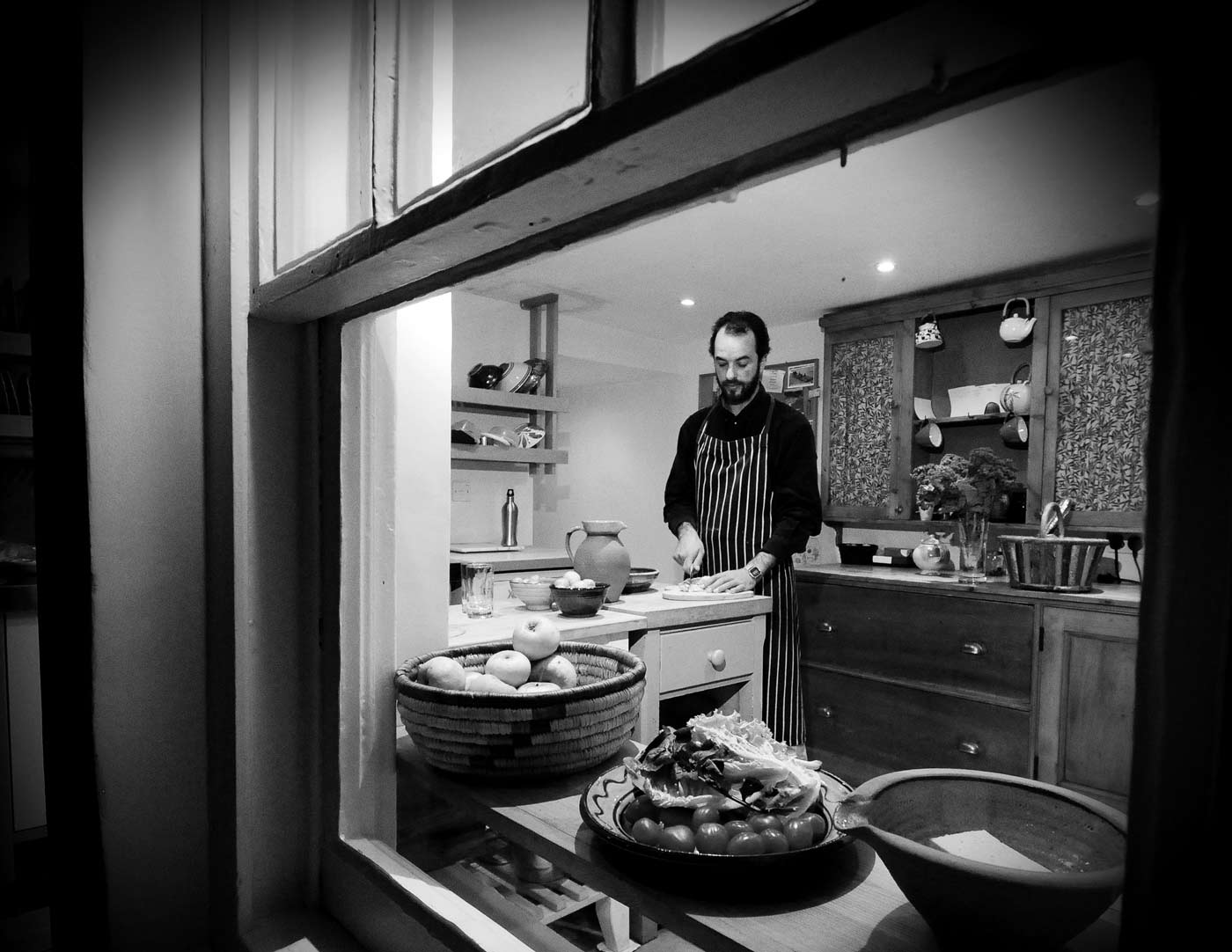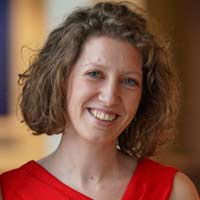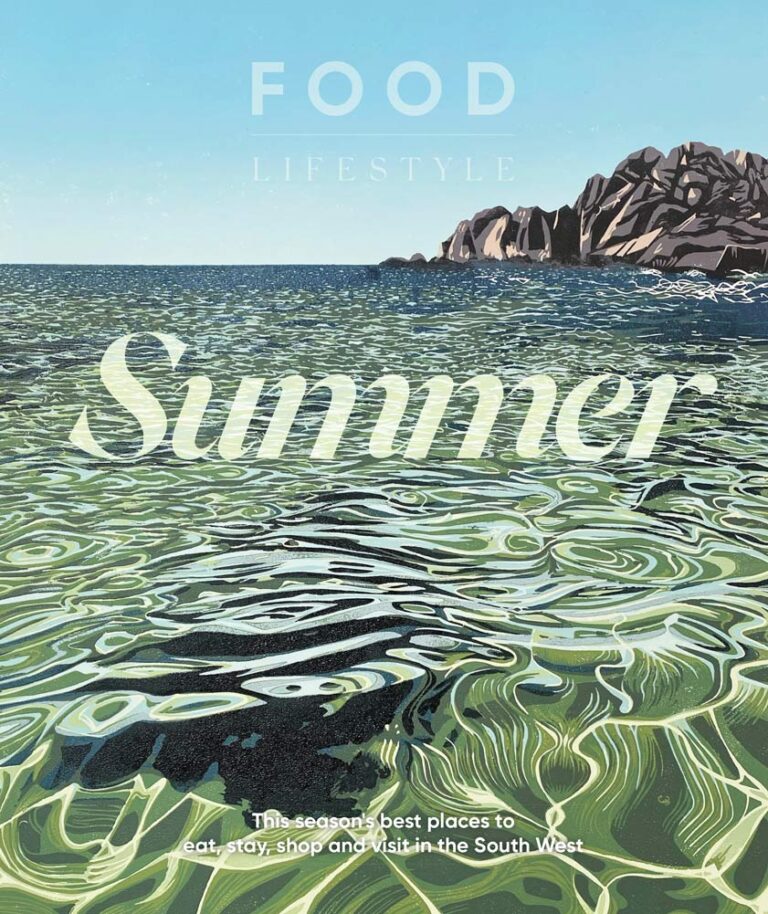Is it possible to go plastic-free for a month?

Mukti Mitchell, Devon-based carpenter, sailor, author and director of Mitchell & Dickinson (insulation solutions for period properties), tried going plastic-free for a month. He tells us what happened
I saw some stories on social media last September about going plastic-free and I was intrigued to see if I could do it properly for a whole month.
My ex-girlfriend said she’d be willing to join me on the condition that I posted about the experience on Facebook. Her feeling was that if we were going to do it, we should share the experience and raise awareness of the issues. So I posted a message telling friends that I wasn’t going to buy plastic in September and I was surprised by how much interest it got – a couple of people even said they’d try it too.
I made a few ground rules to start with: anything that I already had in the house didn’t count, so this was just about a month of not buying any plastic. It seemed quite challenging, but not too long if it was really difficult. Also, I already had bulk-bought rice and flour in store.
I went into it thinking it was going to be a hassle (despite wanting to do it), but actually found it was tremendous fun – mostly because of all the human connections I made. Local small shops tend to be more friendly and by sharing the experience on social media it created a sense of working together with other people – that was a real buzz.
I found that, as a result of the project, I couldn’t buy crisps, peanuts, chocolate or any little snacks so, over the month, quite a lot of money was saved. On days when I was working away from home and I did visit supermarkets, I discovered there were whole aisles that were 100 per cent plastic-wrapped so there was no point in even going down them. Instead, I’d head for the bakery counter to buy unwrapped bread, followed by fruit and veg, and it was all so simple. It gave me a really healthy lunch and also saved me money.
Then someone posted on Facebook about the Milkiosk near Bideford so I started going there to get milk. I’d fill up my own flask and I loved it. The farm isn’t organic (I usually buy organic), so I decided that, for the month, I’d just have to accept that.
I discovered that this particular farmer pasteurises the milk at 62°c for 30 minutes instead of 72°c for 30 seconds like the supermarkets. Apparently, the lower temperature affects the milk less and so it tastes better. It’s also much fresher as it’s from cows milked that morning.
The other thing that was really nice about buying milk that way was being with other like-minded people: there was a great sense of camaraderie because we were all doing the same thing and trying to support the farmer. We all know that farming is difficult – I believe dairy farmers get as little as 28p per litre – while at Milkiosk they get around £1 a litre. We live in Devon, the land of farmers, and it feels good to be supporting fellow countrymen.
I also shopped at my local organic store, Marshford Organic Foods, which sells some unwrapped produce – a good find was the Godminster organic cheddar which is sold in wax. They also reused the plastic bag my greens were in after I’d transferred them into my paper bag.
The best find of all, however, was Nature’s Nutrition in Bideford which sells Red Dog Bakery organic bread in paper bags, along with rice, lentils, nuts and pasta in self-service containers. Their veg isn’t in plastic and they also have masses of different household materials – from floor cleaners to shampoo – in bulk barrels so you can take your own bottles and fill them up. They get five stars from me; even after the plastic free month I often get home having not bought a single piece of plastic from this shop.
My habit of buying wholefoods in bulk every two months meant that, on September 27, I completely failed to be plastic free. Shopping for 5kg bags of rice, pasta, beans and almonds meant I had bought about 20 pieces of plastic, but on the positive side I’d reduced the overall packaging by purchasing in bulk.
I found it’s quite easy to reduce the amount of plastic you buy by about 90 per cent, but the last ten per cent is out of your hands and down to the food supply chain.
Overall, the month was really fun and now, even without trying, I find I buy only a fifth of the plastic that I used to. It’s always in my mind – I might even do a plastic-free month every September.
It feels good to live in tune with your own values. Everyone cares about the oceans but we sometimes trick ourselves into thinking we can’t do anything about it and, while it takes a bit of effort to begin with, the actual things we can do are quite easy, and a lot more rewarding than you might expect.
www.mitchellanddickinson.co.uk
Share Is it possible to go plastic-free for a month? with your friends

